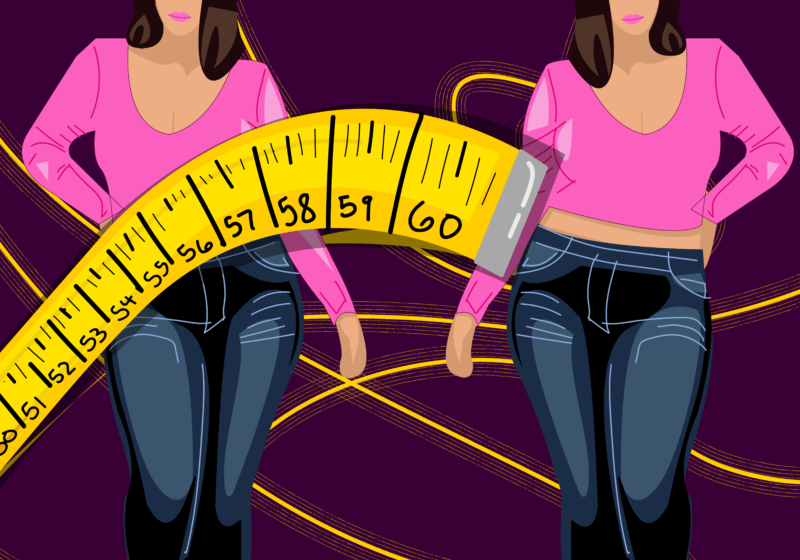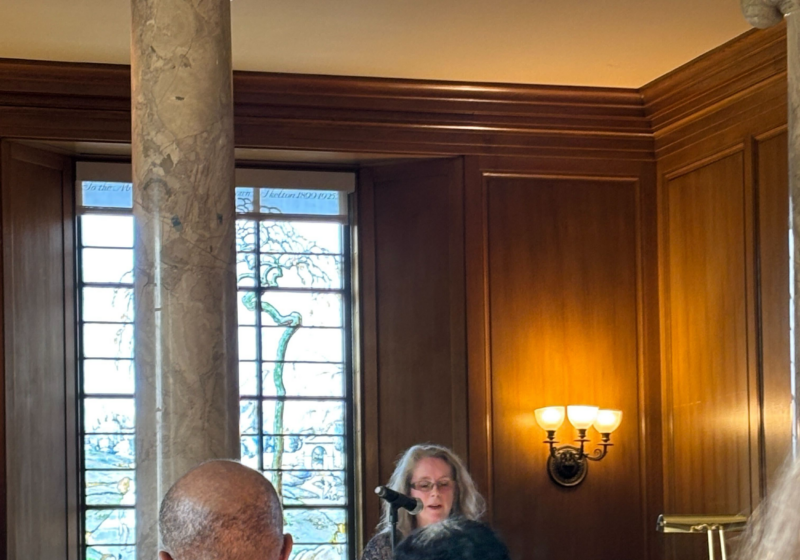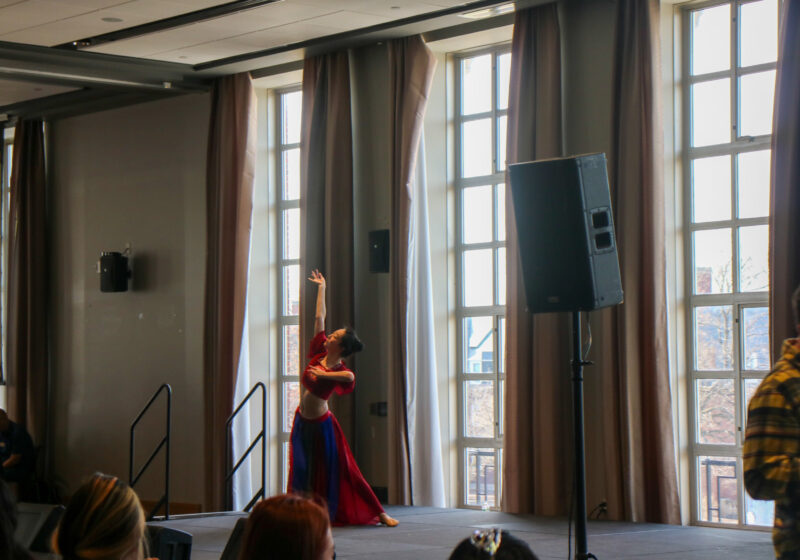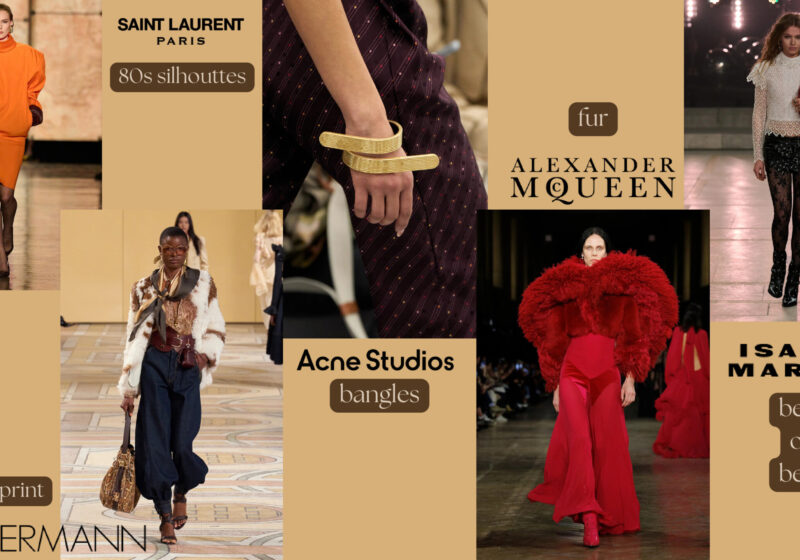Trigger warning: Sexual assault
In 2018, Cornell University’s Zeta Beta Tau chapter was discovered to be running a “pig roast” contest, a “game” to see which new pledge could sleep with the most fat women.
An isolated incident Zeta Beta Tau was not. Frat boys around the country participate in “frat rodeos,” too, in which a guy seduces a fat girl, videotapes it, and waits for his buddies to barge in and interrupt the sex act. Surprise!.
The “fun” in these games comes from humiliating fat women. From women who look like me.
When most women talk about being afraid to date, afraid of having their hearts broken, I can nod along. When women talk about being afraid that their Tinder hookups will spread nudes of them online, I get it. When women talk about being afraid of being stalked or raped, I, too, can relate.
But one extra issue piled on specifically to the burden of fat women is that we’re not taken seriously. Our bodies, sexuality, and very existence as a woman who experiences desire, is a joke. It’s told in bars and frat houses, by both men who are self-proclaimed feminists and men who troll feminists.
It’s a joke that every thin man who has ever expressed interest in me has not just laughed at, but told before, too. I know he’s pretending to be immune to the fat rhetoric that pervades toxic masculinity. My dating history has shown me that when I fail to adopt the subservient attitude he believes he’s entitled to, he’ll revert to fat-shaming.
I’ve written before about how I was sexually assaulted on Birthright. My attacker clearly thought I didn’t care what he did to my body. One more dude who prefers fat chicks, but won’t admit it. He ran his hands over my body and grabbed like a child sneaking a cookie out of the cookie jar between mealtimes, a giddy kid doing something he wasn’t supposed to. One more dude who treated my existence as an invitation to grope. For as my fellow fat, feminist friend pointed out, people treat our bodies as objects, as accessories, as convenience stores, as items to be grabbed.
A guy who flirted with me on that same trip insisted I was “making him uncomfortable” and “disrespecting his boundaries” when I asked flat-out if he wanted to sleep with me. In his mind, flirting with a fat woman was fine, so long as no one drew his attention to the implications. The instant I asked directly for actual contact was the instant the spell broke. I forced him to consider his own desires, and he didn’t want to. So, he responded with disgust.
Fat women learn to expect mistreatment, to expect disgust and disrespect simply because we asked for human decency. Because we dared to have the confidence to demand respect.
Fat women even learn to expect most men to assume we’re desperate for their (sexual) approval, that we’d do — or tolerate — anything. Hence the guy on Birthright who literally grabbed me by the pussy, to quote a certain former President, and who was shocked to discover I didn’t like it.
Truthfully, whether fat people are insecure or not, whether we love or hate our bodies, makes little difference to how others treat us.
Statistics show that fat people are consistently underpaid, face employment discrimination, and regularly receive medical admonitions and so-called advice to lose weight, rather than actual medical care. People love to say that fat people are killed by our fat, but we’re mostly killed by a medical system that shrugs off chronic and acute conditions as being caused by our fatness, by some perception that we have a lazy disregard for our own health. The combination of bias and stigma in medical care, and the stress and trauma of living with bullying and disrespect, are driving factors behind the poor health outcomes and medical costs blamed on obese people.
Fat women are the targets of harassment and verbal abuse from strangers and lovers alike. On that same Birthright trip, a man sat down across from me while I was eating dinner and tried to sell me on a diet. Following that embarrassment, I didn’t eat for two days.
In the midst of a fight with my roommate, she decided my problem must be that I was simply jealous of her thin figure.. She spent the entire night waking me up every few hours to rant at me, trying to reduce my body confidence to the levels she thought appropriate — which is to say, near nonexistent. I never publicly called her actions what they were, which is bullying. I never told anyone how she made me feel, how she tried to commandeer my feelings about my body to punish me for stepping into the space of romance, a space she believed I wasn’t entitled to.
This is what fat women too often face for daring to experience and name sexual or romantic desire.
I understand that everyone faces rejection in their love lives. But there’s a difference between rejection and dehumanization. Just as there’s a difference between personal insecurity and oppression.
I don’t date. I like my body more than I like men, and I won’t expose my body to their scrutiny and their judgments. I won’t allow them to take their shame and fragility out on me. I’ll do what no man has ever bothered to do for me, and I’ll keep myself safe, the best I can.






